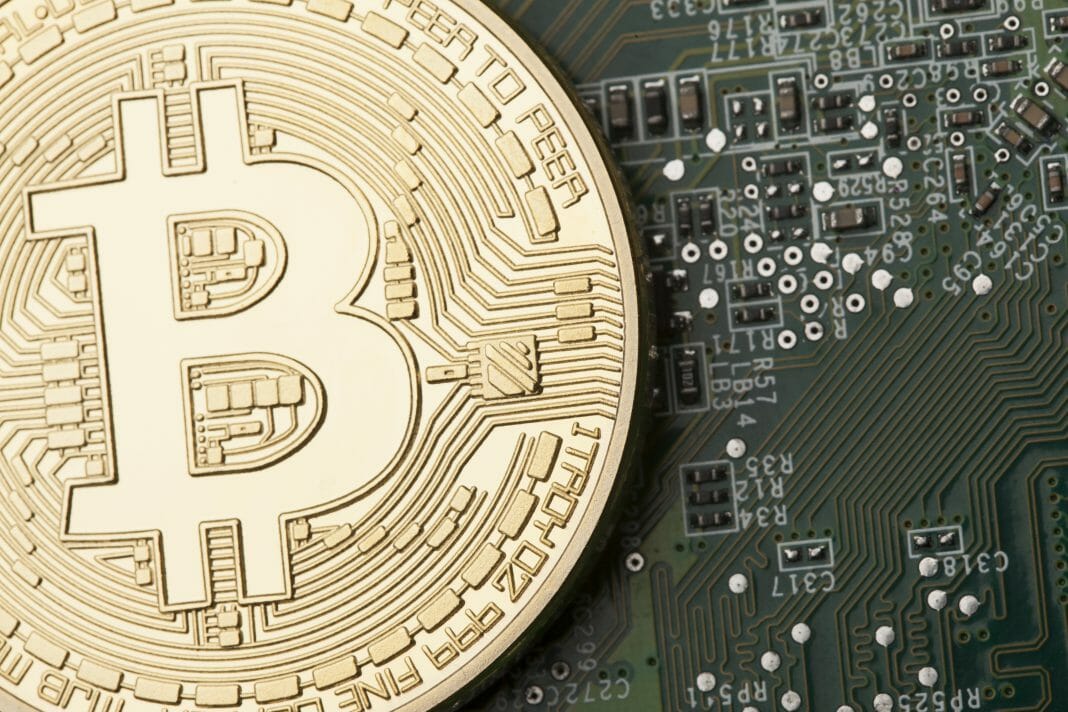According to Voice, that social network will run on an EOSIO blockchain, developed from scratch for that purpose. This decision seeks to avoid competition for computer resources on the EOS blockchain.
The company behind Block.one, the greatest initial coin offering (ICO) in history, announced the launch of the social network Voice, which will compete with Facebook. It promised that the blockchain would run on the EOS mainnet, but there have been some plan changes.
Voice aims to be a new type of social network, one with integrated cryptocoins and one that defeats bots when verifying the identity of each account. The company had kept Voice secret for moths, after the summer announcement, but it disclosed last December that the launch could occur on February 14th.
This announcement had additional details such as a Frequently Asked Questions page on the Voice website and the fact that the new application would run on a private integration of the EOSIO software. Block.one does not have any obligation to execute Voice on EOS.
This contradicts an unequivocal statement made during the public announcement of Voice in July: “Block.one will launch the Voice platform on the EOS public blockchain.” As an additional sign of its pledge to use EOS, Block.one reserved in late May 3.3 million RAM eos on the mainnet.
Although Block.one never confirmed it, most observers interpreted it as a bet on the computational power behind Voice. On EOS, users reserve RAM to reserve part of the computational power of the blockchain.
It is worth noting that Blok.one develops software that is implemented by other organizations. It created the EOSIO software and a coalition of organizations all over the world launched what was considered as EOS mainnet.
According to data from Messari, EOS is the eighth biggest blockchain on a global scale by market capitalization. However, there are other examples of open source software deployment, such as Telos, Worbli and the newly launched Lynx, which are also implementations of the EOSIO software.
Sharif Bouktila, CEO of EOS Dublin, who served as a block producer on the EOS blockchain and other EOSIO blockchains, stated that he remains bullish regarding EOS in the long term despite the uncertainty around the greatest Block.one project after EOS itself.
Possible Explanations
EOS has experienced performance problems that, since mid-2019, have become serious. Last September, many doubts were expressed about whether the OS blockchain was maintained by companies that prioritize technology over speculative earnings. Then, it got stuck in November due to a smart contract called EIDOS, which rewarded users for conducting as many transactions as possible.
By late November, the architect of EOSIO Dan Larimer indicated the mistakes made in the assumptions that govern the applications created for EOS aimed at optimizing the distribution of computer resources. A little later, the company Block.one announced that Voice would start with a private implementation of the Larimer software and not on the EOS network.
Aaron Cox, from Greymass, who runs a supporting block producer of EOS, as well as other chains, said that he came to back the decision strategically. There exists a competition for resources on EOS, which would be a distraction for a new application that seeks to compete with Facebook, one of the biggest companies worldwide.
By Alexander Salazar











